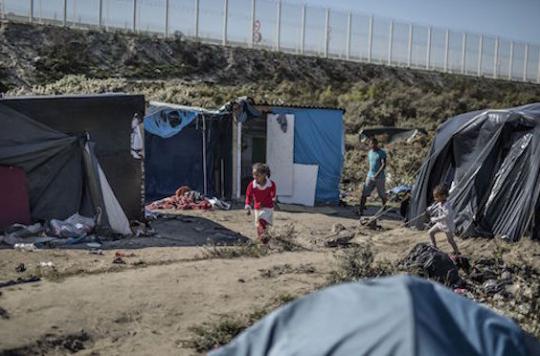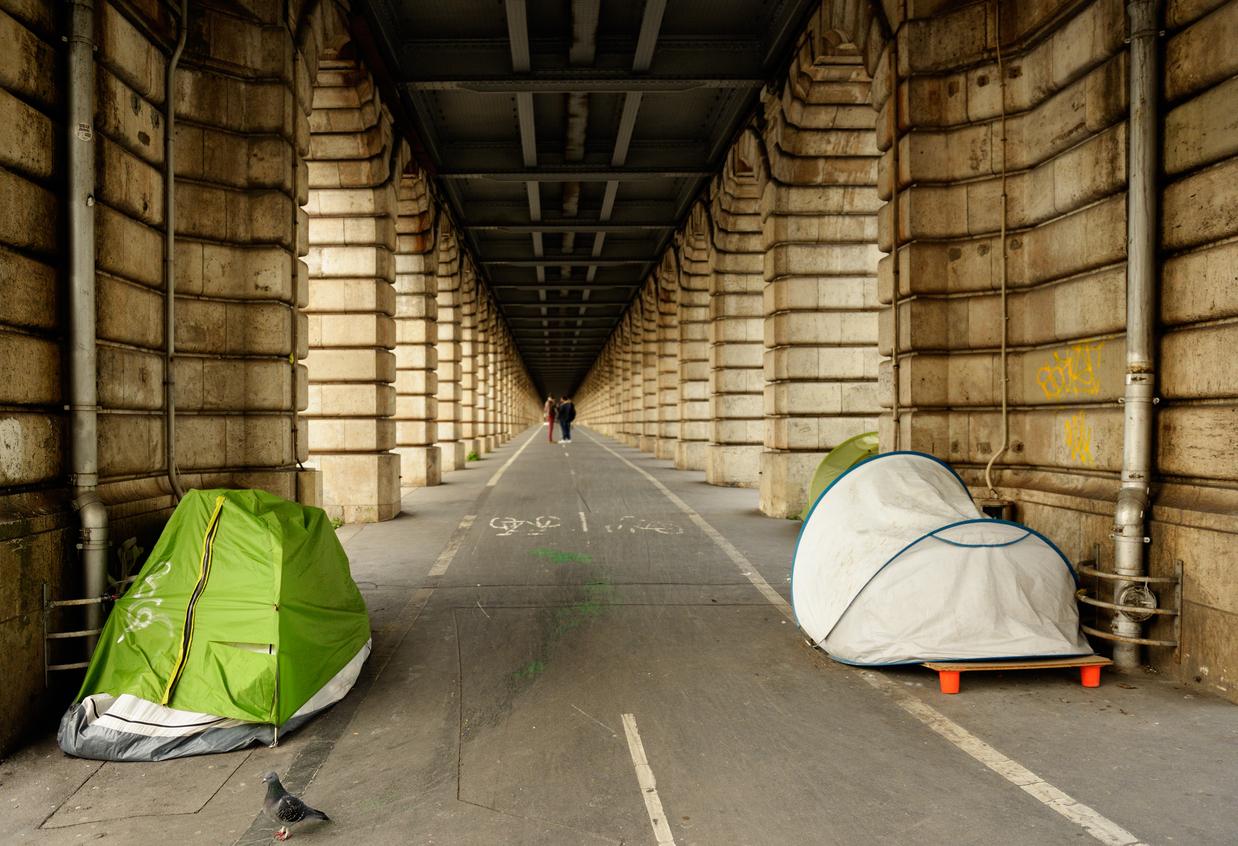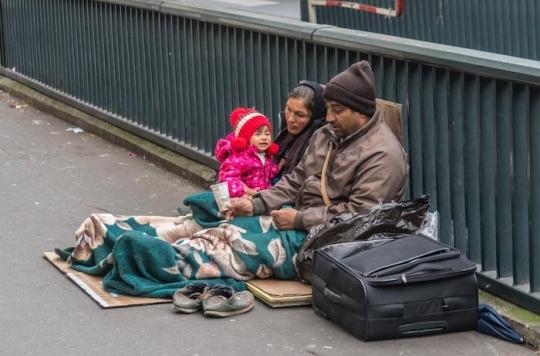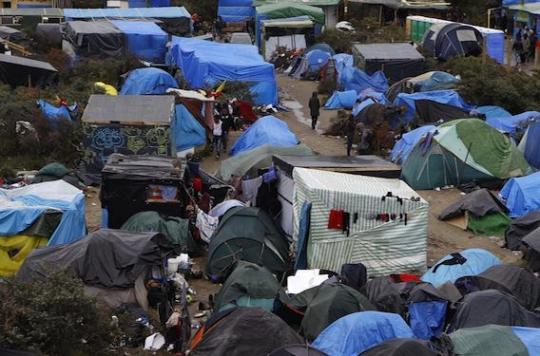While France is preparing to welcome 24,000 additional migrants, medical care is still lacking.

“The massive influx of refugees and migrants which has accelerated in recent months calls for an urgent response in response to their health needs.” In a press release, the European section of the WHO (World Health Organization) warns states: population movements constitute a “challenge” for health systems.
In fact, after the emotion aroused by a photograph showing a 3-year-old Syrian refugee lying dead on a beach, governments decided to welcome these populations in distress. In France, 24,000 migrants are expected. However, this influx requires medical care, the organization of which is still lacking.
Ebola, MERS … a very low risk
“On the infectious level, it is necessary to set up consultations, to check the vaccinations and the general state of health of these people”, suggests François Bricaire, head of the Infectious and Tropical Diseases department at Pitié-Salpêtrière, and responsible for the Red Cross.
Indeed, if we must put an end to the myth of the “sick migrant”, it is advisable to set up a follow-up in order to avoid the emergence or the propagation of epidemics. “The epidemic risk linked to imported infectious agents (Ebola, MERS, etc.) is extremely low, even almost zero, if we consider the mode of transmission, the incubation period, the epidemiology of these diseases, but also the ‘experience that we have so far’. An observation effectively shared by the WHO.
François Bricaire, Head of the Infectious and Tropical Diseases Department at Pitié-Salpêtrière: ” The risks should not be increased. These migrants were in a satisfactory state of health before their departure.. “
On the other hand, during their exile and in the camps, the refugees are exposed to pathologies linked to the precariousness of their living conditions. “In these places, which are often unsanitary, there is indeed a risk that diseases will spread, such as epidemics of gastroenteritis, or even tuberculosis,” explains François Bricaire. This risk is all the greater since the difficulties accumulated during exile weaken the immune defenses of refugees, already exposed to violence (physical and sexual) in the street.
The overworked hospital
However, at present, the medical care of these people has still not been organized strictly speaking. Associations and NGOs, Médecins du Monde in particular, organize patrols, offer general medical consultations, build toilets and showers in the camps. As for hospitals, their PASS (Permanent Access to Health Care) is open to migrants, as to all people who live in precariousness and do not have medical coverage.
“The Paris and Calais PASSs are working,” explains Jean-François Corty, Director of France Operations at Médecins du Monde. The problem is that they are totally overwhelmed. As it is, they cannot absorb the influx of people. State services do not respond today to the scale and health needs of these people ”.
Jean-Francois Corty, Director of Operations France at Médecins du Monde: “ It is fundamental to get out of the logic of camps. We have the duty and the possibility to offer something other than slums for these families. “
“We are not asking for complicated measures”
For the moment, no specific medical care plan seems to have been implemented by the French government. However, according to the WHO, simple measures could produce their effects and provide health security for migrants.
“It is very important that European states step up refugees’ access to public hospitals,” said Santino Severoni, responsible for the migration and health program at the WHO European office. We need to understand that we are facing demographic changes. This is a fundamental trend which involves an overhaul of health systems so that they can meet these new needs ”.
So, according to the WHO, it’s all about anticipation. “It is necessary to put in place plans to anticipate the needs, capacities and risks associated with these situations,” continues Santino Severoni. We are not talking about very complicated measures. Just to have a plan to organize the response ”.
Santino Severoni, responsible for the migration and health program of the WHO European office: ” It’s like having friends over for dinner and sleeping at your house, but you don’t know how many will come. If you don’t anticipate, there will be malfunctions. “
.















